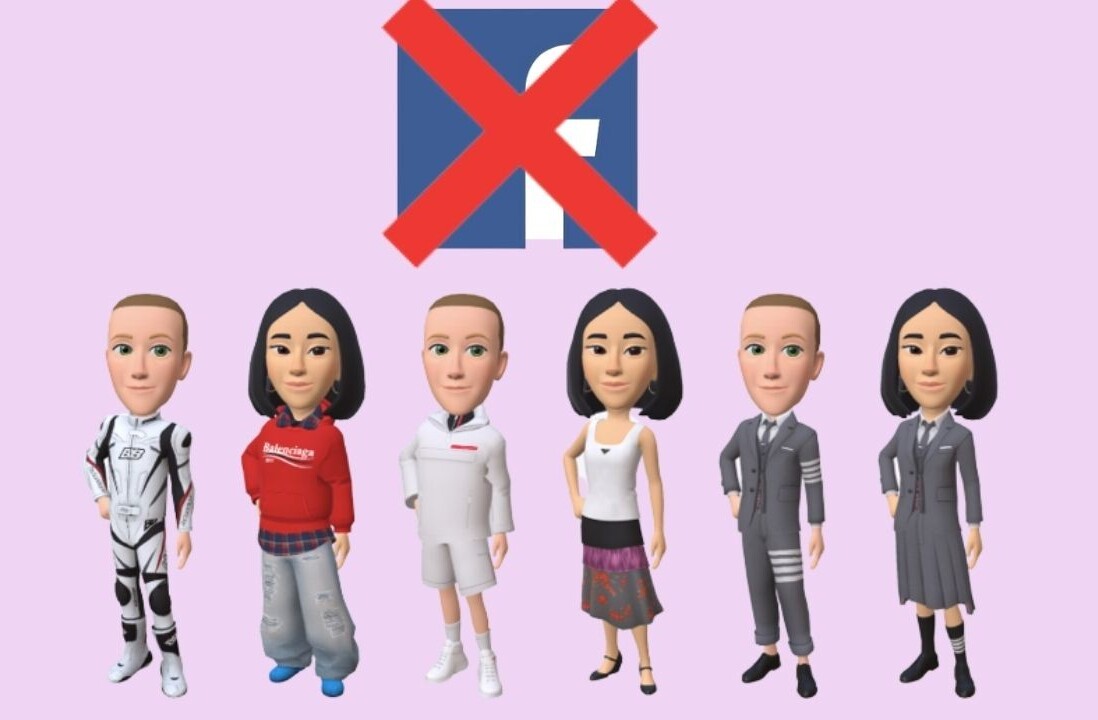
The first question I asked Slack’s CEO and co-founder Stewart Butterfield was a selfish one: when will the app get threaded comments, so TNW’s editorial team can use it full time.
Sadly, he could only confirm that they’re “coming soon,” one of a bunch of new features that the app, which hit a $1 billion dollar valuation late last year, has in the pipeline.
Onstage at the DLD Conference in Munich, Butterfield confessed that he doesn’t exactly know why Slack has succeeded: “I get in trouble with my PR team for saying this. But I have no fucking idea.” I suggest maybe the missing ingredient in other communication apps was ‘fun’. Butterfield agrees that’s definitely part of it:
“Our team has been around these things long enough to know that we want to build a platform that lets people put their own twist on it, so that people get that satisfaction from it. All of our growth so far has been word of mouth recommendations. If we didn’t have that, we’d have nothing…as well as getting work done, there’s all the bullshitting people do.”
Earlier this month, on the same day that Slack unveiled the details of its Slack Plus plan, Facebook pulled the dust covers off Facebook At Work. While Butterfield acknowledges that he hasn’t seen that product in action yet, he’s not worried:
“The brand ‘Facebook’ is not, I think, well suited to being used for work. The product sounds like it might be really useful at a really large company. Obviously, if it’s a seven person company, there’s not much point in creating a profile. But if it’s a 100,000 person company, then there’s certainly some value in having that.
When I think about our larger customers, the bigger corporations and large startups – Comcast, Sony or Dell say or Airbnb and Stripe – it’s hard to imagine the teams at those companies opting to use Facebook At Work instead.”
Butterfield says he focuses on what Slack can do to be better, not what potential rivals are working on. It’s a fairly common sentiment to hear from CEOs but it sounds genuine coming from him: “I’m not worried. If we’re paying too much attention to what our competitors are doing and being reactive, it’s not likely we’ll make the best decisions for our customers.”
Why didn’t previous communication apps think of some of the user-friendly features Slack’s implemented? Butterfield’s answer is blunt: “We’ve learned from experience that people don’t give a shit about your startup, that’s the bottom line…we try to be mindful of people’s needs and the pacing of their day, ultimately to be as courteous as possible.”
He compares his vision for Slack to “a well-run hotel, one where you can tell a lot of thought has been put into the details.” As the hotel manager, he’s not afraid to highlight where things could be better. I ask him what feature most needs to be fixed in Slack and, after confessing that there’s a long list, he concludes:
“The biggest thing is probably performance in the mobile app. We’ve been working for about six months on a complete rewrite of both iOS and Android apps to allow offline mode. It’s a difficult, complicated project but it’s one of the things that drives me most crazy because I travel more than most people in our team and use the mobile app more than most people in our team.”
With incredible growth, plenty of investment and glowing press, one of the most common questions Butterfield gets is not about how Slack works but when he’ll sell it. But after selling Flickr to Yahoo! in 2005, he says letting go of Slack is a lot less likely:
“The math is a little bit tough to make work. At some price – if someone offered us $100 billion tomorrow – it would be pretty hard to say ‘no’ because it’s just not me. At some insanely high number we’d have to consider it but that doesn’t make sense for any acquirer. There’s a disconnect between the amount of money it would make sense for them to spend to acquire us and the amount of money we could make by becoming even bigger than them someday.”
Reflecting on the current state of Yahoo! under Marissa Meyer, he isn’t hopeful: “I think Yahoo! has most of the same challenges now as it had when I left in 2008. It had much more promise in 2005. In retrospect, everything is obvious, but Yahoo! had a lot of potential that it squandered in the years I was there.”
One thing Butterfield did learn at Yahoo! was how terrible most workplace software is to use. It was his first job at a big company and he recalls: “I was literally astounded by how bad all the internal software was. I hadn’t used that kind of software before so I hadn’t realized how terrible it was. And that was definitely something we thought about when we were starting Slack.”
One of the secrets of Slack goes beyond offering chat rooms for teams. By indexing all the documents shared through it and the discussions around them, it can become the institutional memory so many organizations usually squander. Butterfield says :
The searchable memory is absolutely critical but it’s hard to sell on that basis. No one knows they need it but once they have it, they can’t live without it. Slack’s default is transparency and it’s easier to catch up on 100 Slack messages than on 100 emails. When you join a company with email, you start with an empty inbox. When you join Slack, you see every document, discussion and decision that’s been made.
As for all those articles naming Slack as the prime suspect in the imminent death of email, Butterfield says “that’s just a convenient headline to talk about Slack”. He knows that email – “the lowest common denominator communication method” – isn’t going anywhere. He just wants more people to check into the comfort of Slack’s hotel and visit their inbox a little less.
➤ Slack
Image credit: Picture Alliance for DLD
Read next: A Community of Startup Founders Grows on Slack
Get the TNW newsletter
Get the most important tech news in your inbox each week.






